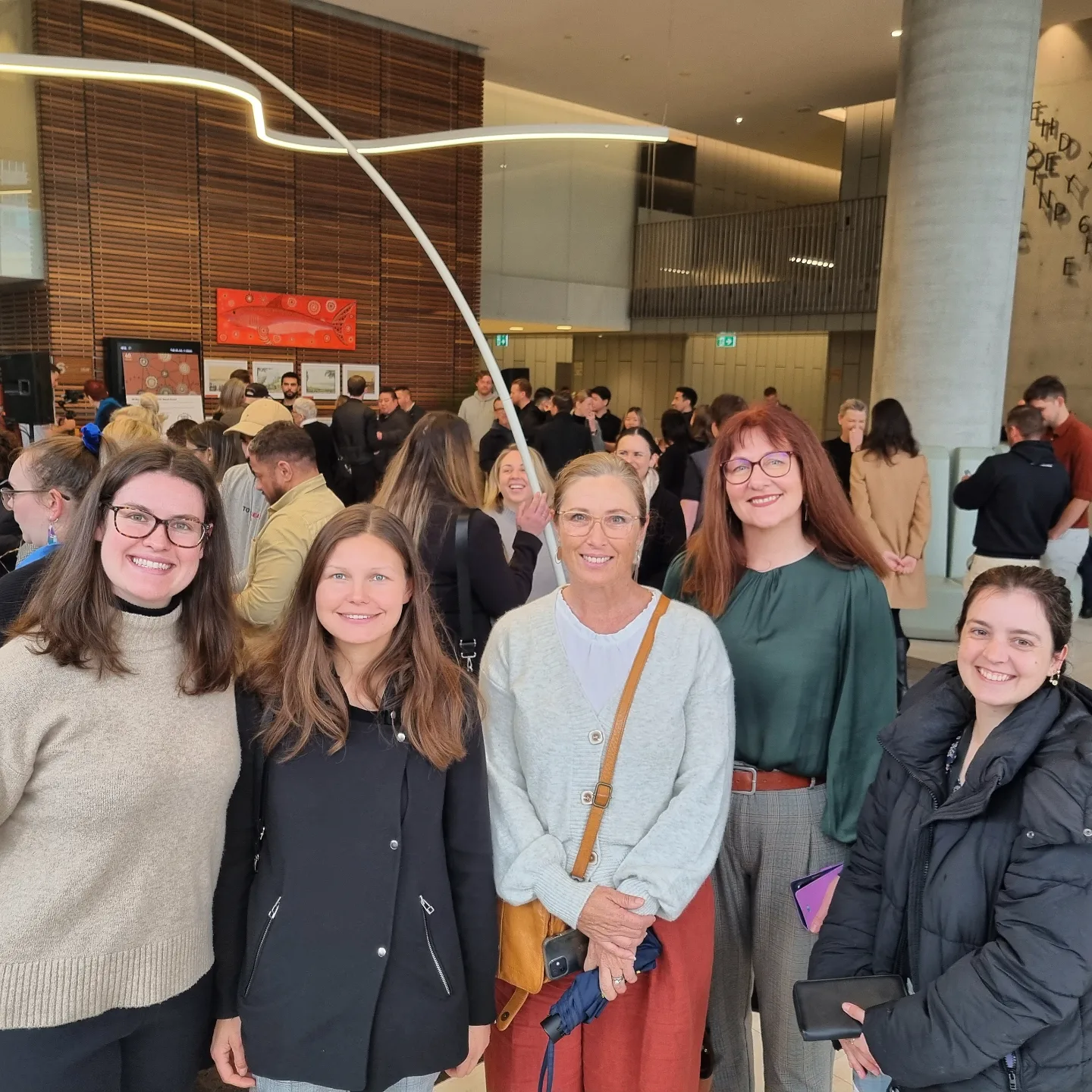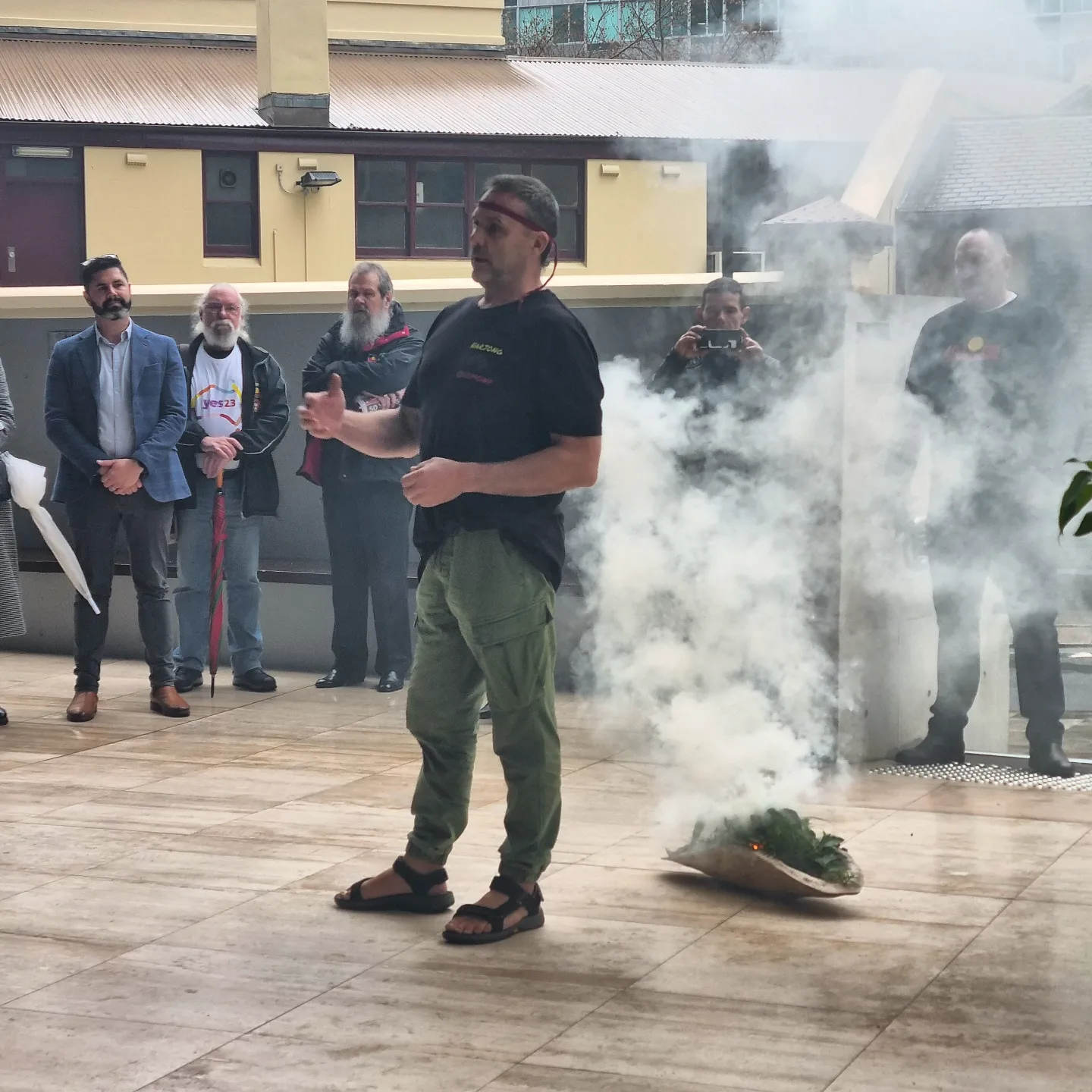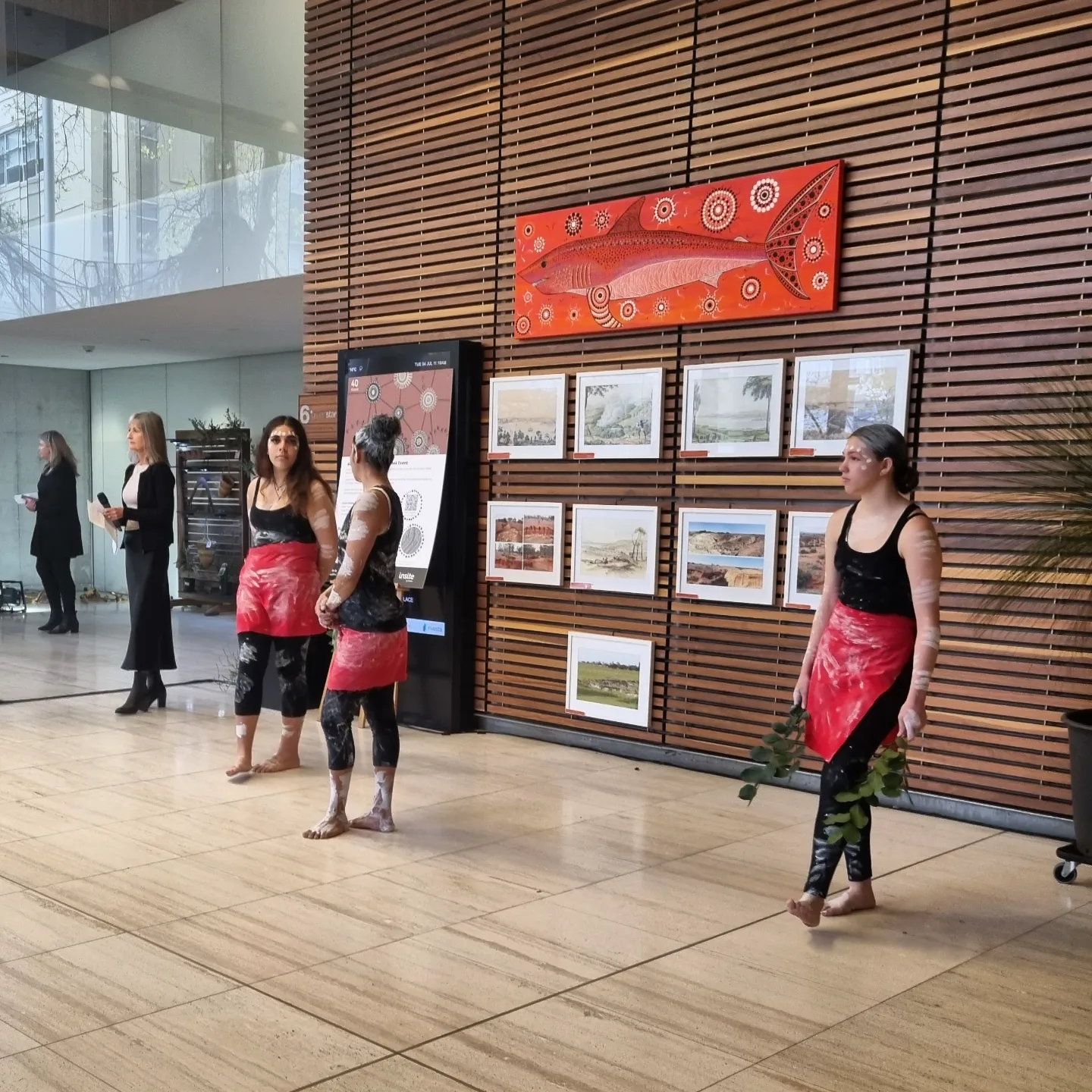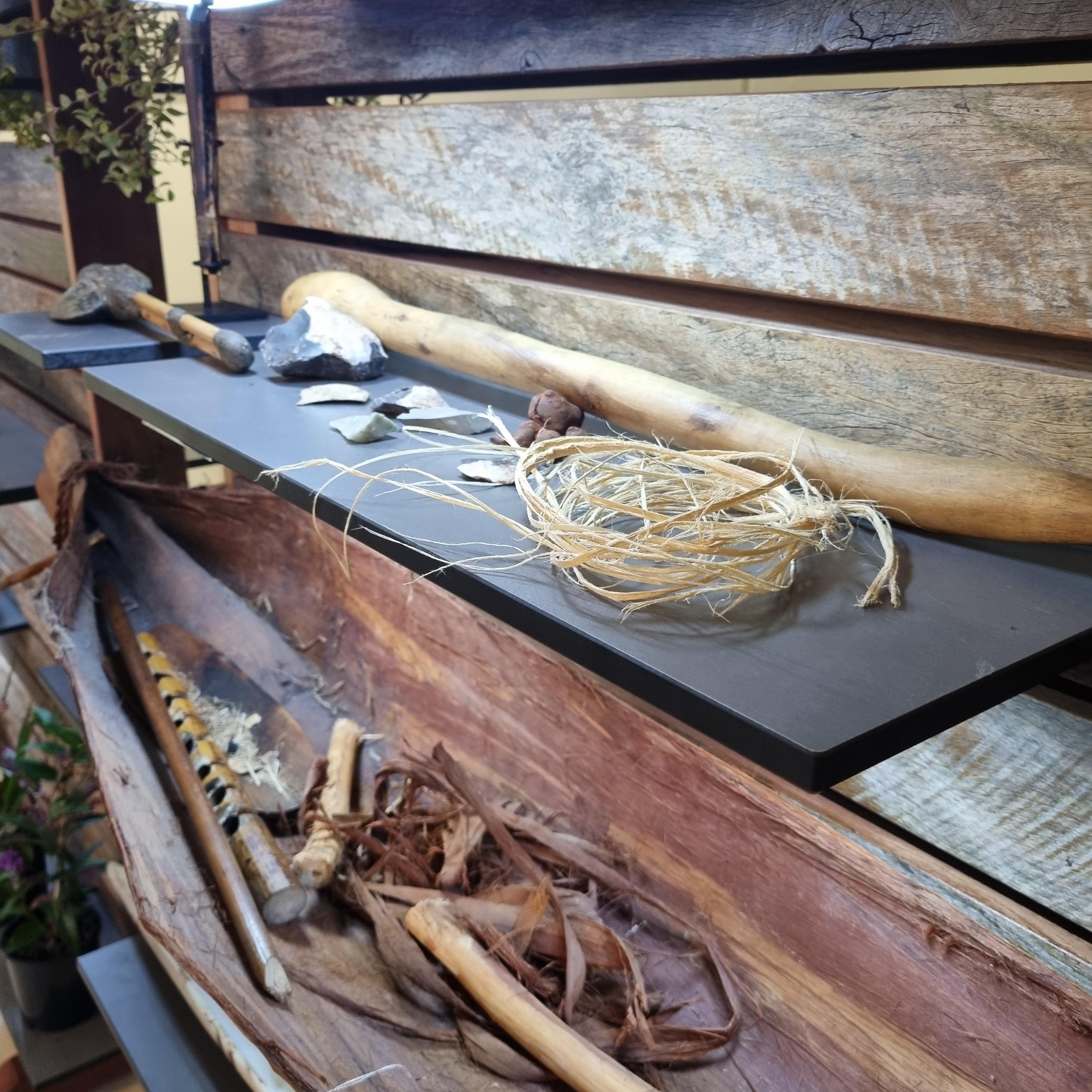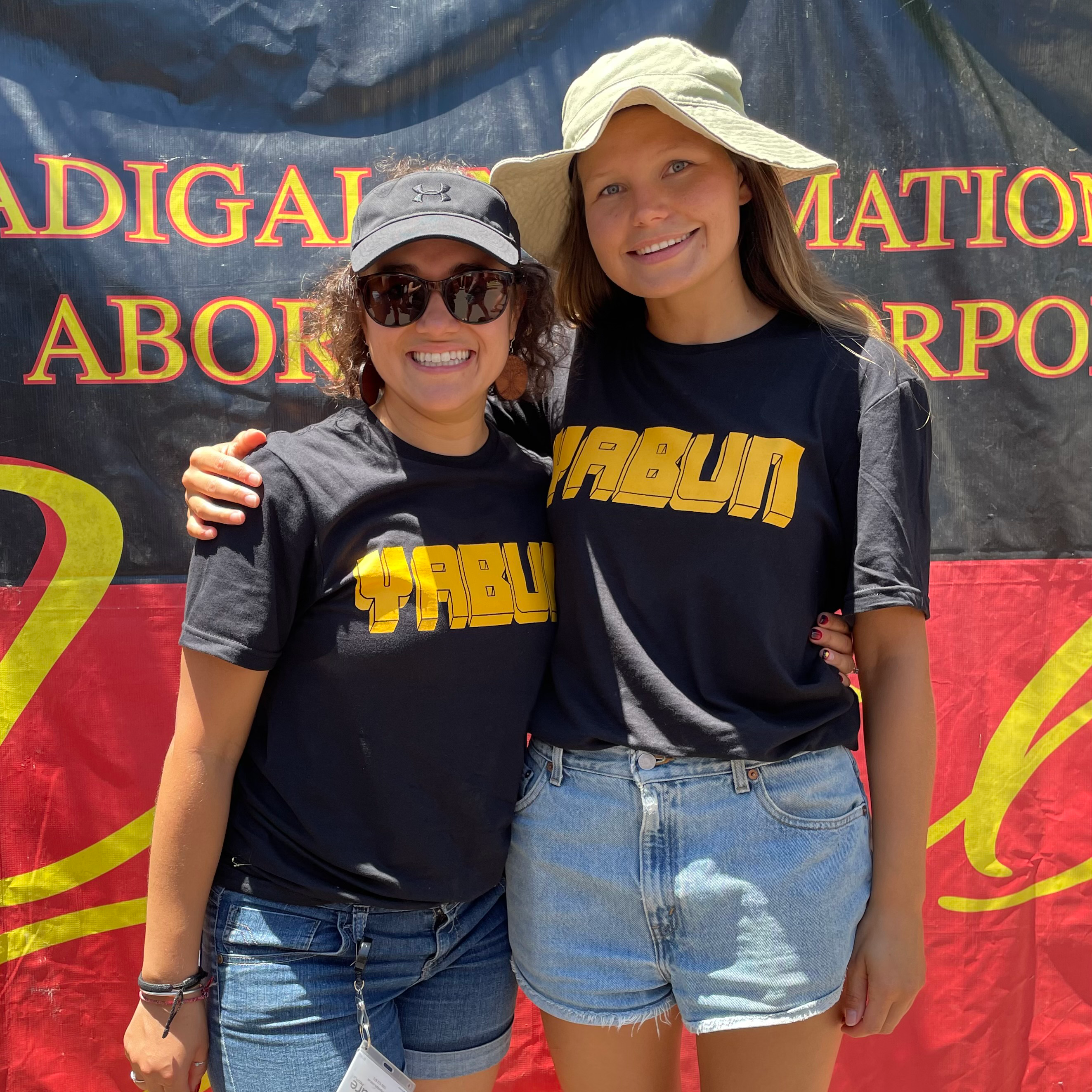Energetics acknowledges Traditional Owners of Country throughout Australia and recognises their continuing connection to lands, waters and communities. We pay our respect to Aboriginal and Torres Strait Islander cultures; and to Elders past and present.
Working closely with Australia’s climate science community, Energetics knows the challenges our nation faces - we are already a hot, dry continent prone to extreme weather events. First Nations peoples have profound expertise and knowledge of our weather systems, the land, and its care, as well as what has changed over recent millennia.
Our vision, where we all “Unite for a 1.5°C world”, captures our belief that only in coming together can we create positive change and build the resilience we need. We strongly believe that reconciliation with First Nations peoples is essential to driving climate action and adaptation across Australia.
Our Reconciliation Action Plan |
| Conditionally endorsed by Reconciliation Australia, we are proud to have developed our Reflect Reconciliation Action plan (RAP). At Energetics we envision a future where the cultures, histories, rights, and voices of First Nations peoples are heard and respected. As we implement our Reflect RAP, we hope to build formal relationships and partnerships with Aboriginal and Torres Strait Islander peoples and take deliberate steps to continue our reconciliation journey. |

We’re proud to support the Voice to Parliament |
| As we work to achieve a deeper understanding and connection with Aboriginal and Torres Strait Islanders through our Reconciliation Action Plan, we see profound value in securing a permanent way for First Nations peoples to provide their insights and advice to parliament. From our perspective too, as we grapple with a changed environment and build resilience, we need the expertise of this country’s first custodians. In August 2023, we hosted a session for our people to learn more about the origins of the Uluru Statement from the Heart and the Voice to Parliament, run by proud Wiradjuri woman, Kishaya Delaney. Kishaya is an Uluru Statement Youth Dialogue Ambassador and Pro Bono Solicitor at Herbert Smith Freehills who shared her insights to help our people understand the significance of this moment in history. |
Deepening our understanding and developing genuine partnerships
Although we are at the beginning of our Reconciliation journey, we are dedicated to establishing mutually beneficial, respectful relationships with Aboriginal and Torres Strait Islander peoples. We are committed to building a greater knowledge and awareness of their connection to Country, histories, and experiences and sharing that throughout our business.
We have already launched a number of initiatives including:
- Improving our people’s cultural competency: an important starting point, with all members of our RAP Steering Committee and Working Group undertaking a Cultural Competence Course provided by the Centre for Cultural Competence Australia (CCCA). This equates to almost 20% of our people.
- The creation of an online portal to provide staff with resources and information about Aboriginal and Torres Strait Islander histories, cultures and achievements.
- Celebration and recognition of National Reconciliation Week and NAIDOC Week.
- Introduction of Cultural Swapping Days policy: Drive by the desire to give our people the option of swapping the Australia Day public holiday for another day if they’re disinclined to celebrate the day. This policy has been broadened to apply to all cultural and significant holidays.
- Guidance around when we require an Acknowledgement of Country and its inclusion on digital and printed collateral: conducted at the beginning of all companywide meetings, formal training sessions, hosted events and formal presentations; and included on our website, in email signatures and in formal documents.
- Recognition of traditional place names on all digital and printed collateral where our office addresses are cited: including our website, business cards, email signatures and formal documents.
- Development of an ethics policy to guide whom we decide to work with: In our assessment criteria, “Disregard for First Nations people’s rights” is a basis for declining to work for a business.
In addition to the above, our RAP Working Group are committed to closing the knowledge gap by attending information sharing sessions; participating in community events and celebrations; sharing their learnings with the wider business; and connecting with First Nations Peoples. Scroll through the gallery below to see photos of events they’ve attended.
